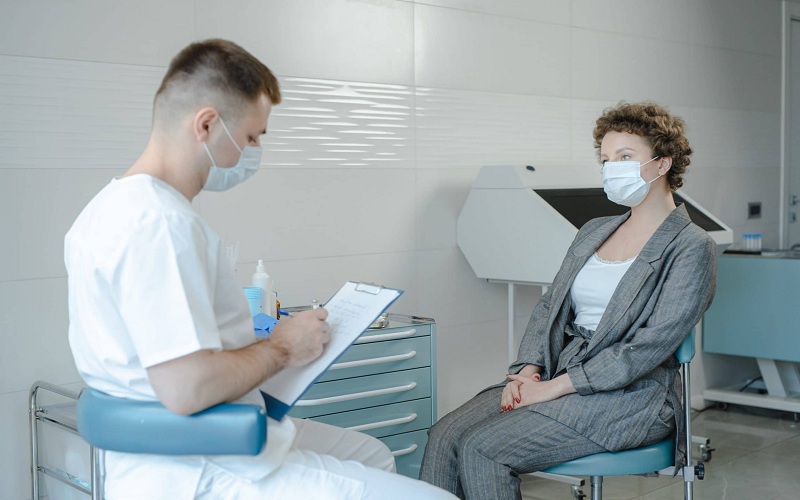Try TMS If You Are Suffering from Treatment-Resistant Depression
Depression varies widely, with specific types having distinct symptoms and timing. Postnatal depression occurs around childbirth, while seasonal affective disorder appears in winter.
Commonly discussed types include clinical depression (major depressive disorder) and bipolar disorder. Less mentioned are cyclothymic and dysthymic disorders. Often, different names describe the same condition, like clinical depression being synonymous with major depressive disorder.
If you are looking for a modern depression therapy then you may visit BellaVida, where innovative therapy such as TMS is designed for treating the underlying causes of your depression.
What is TMS?
Doctors treat depression with medication and therapy, but may recommend TMS if these are ineffective. In TMS sessions, a magnetic coil on the scalp delivers pulses that stimulate brain nerves, producing lasting changes.
The pulses, similar to those from an MRI, are painless. The FDA recommends daily TMS treatment for 4–6 weeks for depression.
Who cannot receive TMS?
Receiving TMS is not safe for someone who has any of the following head implants:
- Aneurism clips or coils
- Bullet or shrapnel fragments
- Deep brain stimulators
- Electrodes
- Facial tattoos with magnetic ink
- Metallic eye or ear implants
- Stents
Nonetheless, having braces or fillings does not exclude a person from qualifying for TMS. Seizures are a potential adverse effect of TMS, thus anyone who have seizure risk factors should also avoid it. Among these risk factors are:
- A history of seizures
- Brain tumors
- Cocaine and ecstasy use
- Eating disorders
- Epilepsy
- Excessive alcohol consumption
- History of severe head trauma
- Stroke
Who is a good candidate for TMS?
Being a complex illness, depression can be challenging to treat. Typically, a combination of medication and therapy is the primary line of treatment for depression. A physician may alter the dosage, kind, or both of a medication, numerous times if it is ineffective for a particular patient.
In a few cases, doctors may probe the patient further to assess the problem, as the patient may need more effective treatment.
TMS treatment is usually suggested for those patients who are suffering from acute depression but cannot get relief from medication or who have certain allergies to medications.



